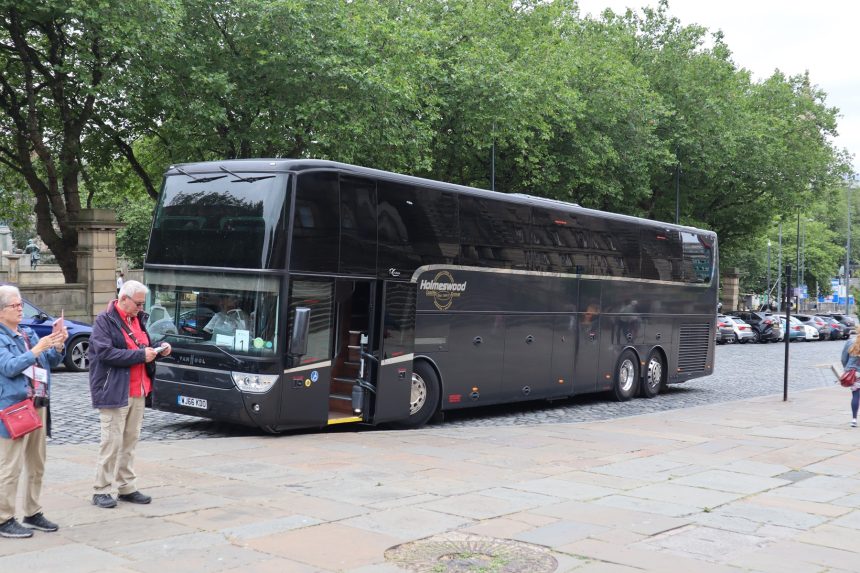For some years now, the transition to zero tailpipe emission buses has flourished in the UK, thanks to repeated injections of significant grant funding, supported more recently by the enhanced BSOG offering for zero-emission buses in England.
Financial support, industry trailblazers, and rapid technological advancements in battery capabilities and drivetrain components have resulted in over 2,750 zero-emission buses carrying passengers in the UK today. That is around 7% of the total bus fleet. If current funding commitments continue, Zemo Partnership estimates that this figure could reach 15% by 2025/26.
For understandable reasons, the uptake of zero-emission buses has focused on urban centres and the so-called ‘low-hanging fruit’, low-mileage services to which battery-electric buses are ideally suited. London has led the way for some time, but battery-electric fleets in other major urban conurbations like Belfast, Glasgow, Leicester, the West Midlands and York continue to grow.
While the progress made in those areas is certainly something to commend and celebrate, questions remain about how decarbonisation of other bus use cases can be achieved in years to come – let alone the wide variety of applications associated with coaches and minibuses.
Each comes with its own complexities and peculiarities, which means that the transition away from diesel fleets will be far from straightforward.
Perhaps the most notable is the plight of rural bus services, often in the hands of SME operators. Those routes come with potentially challenging conditions for today’s zero-emission bus offering.
This question, at least, is one that is being tackled head-on thanks to the work being done by the Confederation of Passenger Transport’s Rural Zero Emission Buses Taskforce and the latest round of the Zero Emission Bus Regional Areas scheme in England, which is initially focused on supporting local authorities in ‘rural’ areas to purchase zero-emission buses and infrastructure.
Coaches and minibuses are entirely different tasks. Coach usage cases are incredibly varied (more so than bus), as is the make-up of organisations operating coaches.
Scheduled intercity services, domestic and international tourism, corporate hire, rail replacement, private hire and home-to-school are just some of the usage cases that coach operators must contend with, and in some instances, a mix of those each day.
With each of them comes the need for bespoke vehicle specification, daily range requirements, and different periods of downtime, meaning that there is no ‘one size fits all’ zero-emission solution.
The same goes for minibuses, which might be used in a range or combination of settings that include community transport, home-to-school, corporate hire, or demand responsive transport, to name but a few. As with coaches, each of those will have bespoke requirements and challenges.
To say that the task ahead is full of complexity would be an understatement. Funding from the public purse and finance institutions will of course be key to meeting decarbonisation ambitions, as will the need to drive modal shift.
Continued technological developments will be vital too, which is a challenge that manufacturers have risen to in the bus sector in recent years. Changes to regulations and legislation will play a role in the transition also, alongside a host of other policy drivers.
Nobody has all the answers to the hurdles that the industry faces in decarbonising each and every coach, bus and minibus. Zemo Partnership hopes to lead this discussion and address the task at hand through our Zero Emission Mobility Taskforce (ZEMT), by identifying the challenges and proposing the drivers required to overcome them by 2040.
For further information on ZEMT and opportunities to get involved, visit zemo.org.uk



























